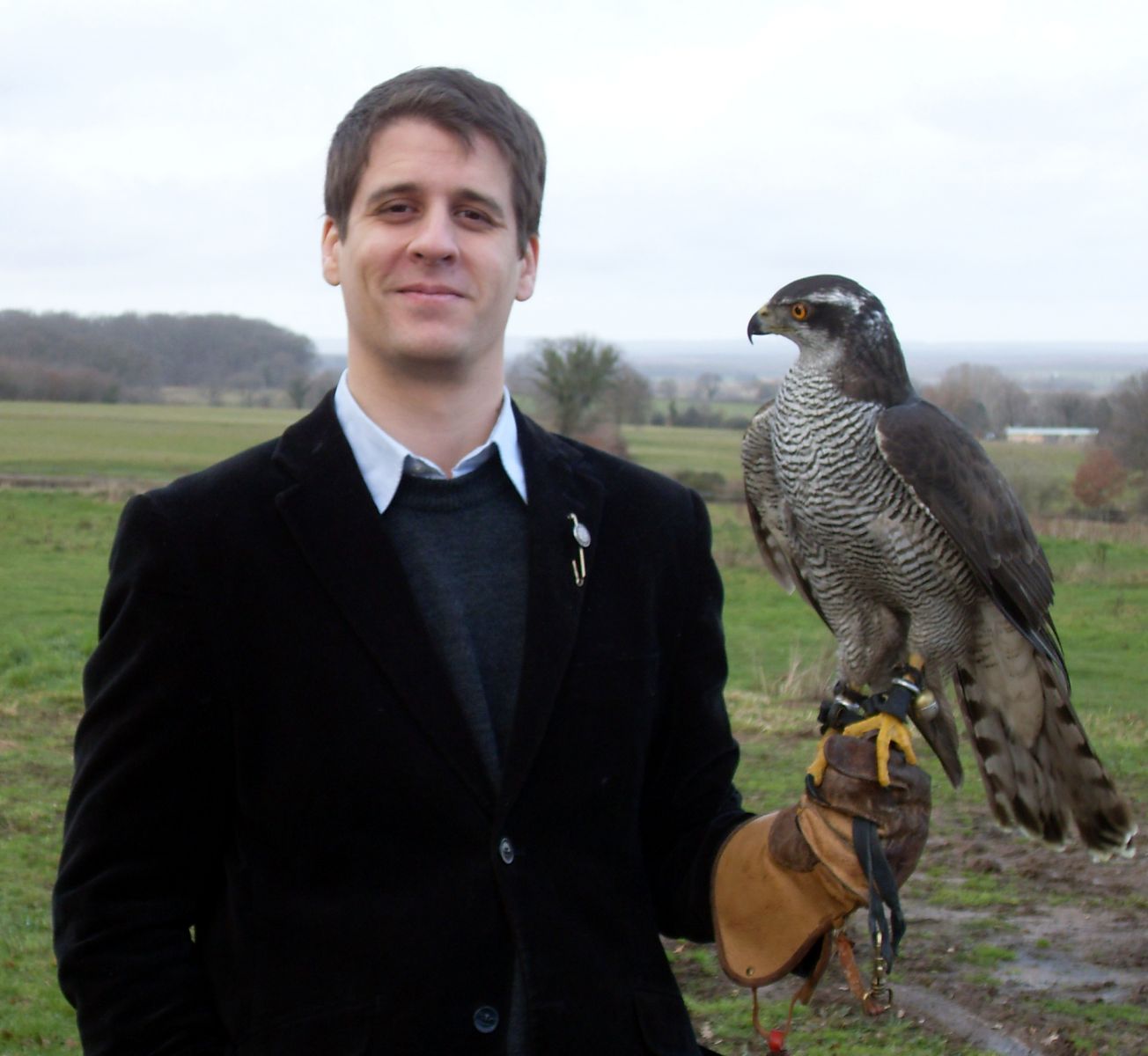January 5 is National Bird Day, and we’re celebrating by sitting down with the Chief of the Avian and Exotic Service here at Ontario Veterinary College (OVC) to learn all about birds
Hugues Beaufrère became interested in birds during his childhood. His father was a falconer in France, and encouraged his love of birds from a young age. Today, Beaufrère is the Chief of the Avian and Exotic Medicine Service at the Ontario Veterinary College (OVC) and one of the only board-certified specialists in zoological medicine in Ontario.

The Avian and Exotic Service at OVC books more than 1,000 patient appointments per year. The service has a small team comprised of an intern, resident, registered veterinary technician and chief. Doctor of Veterinary Medicine students also complete a two-week elective rotation on the service as part of their clinical program. Beaufrère’s resident, Dr. Delphine Laniesse, is currently conducting an OVC Pet Trust-funded project studying pain management in parrots. Laniesse is enrolled in one of only two avian veterinary specialty residences in Canada.
Forty per cent, approximately 400 annual visits, to the Avian and Exotic Service at OVC are birds; 80 to 90 per cent of bird visits belong to the parrot family – this includes the African Grey parrot, cockatoos, macaws, parakeets, cockatiels and many more.
There are more than 10,000 species of birds in the world, far greater than the number of mammals, which is estimated at approximately 5,500 globally.
Beaufrère says the human-animal bond between owners and their birds is often strong. Depending on the species, some companion birds can live to more than 50 years of age. “Time together affects the human-animal bond, and it is understandable why owners can have a deep relationship with their parrot– I’ve treated birds that have been older than me, which is certainly a strange feeling,” Beaufrère jokes.
He believes benefits birds can provide to humans include communication, connection and care.
 PHOTO: Dr. Delphine Laniesse with a green-winged macaw (Ara chloroptera). Some large parrots are anesthetized for nail and beak trimming when there is significant beak overgrowth. The beak is a well-innervated sensitive structure and beak trims may be painful for the bird. However, most health checks and grooming are conducted under conscious sedation only.
PHOTO: Dr. Delphine Laniesse with a green-winged macaw (Ara chloroptera). Some large parrots are anesthetized for nail and beak trimming when there is significant beak overgrowth. The beak is a well-innervated sensitive structure and beak trims may be painful for the bird. However, most health checks and grooming are conducted under conscious sedation only.
.jpg)

